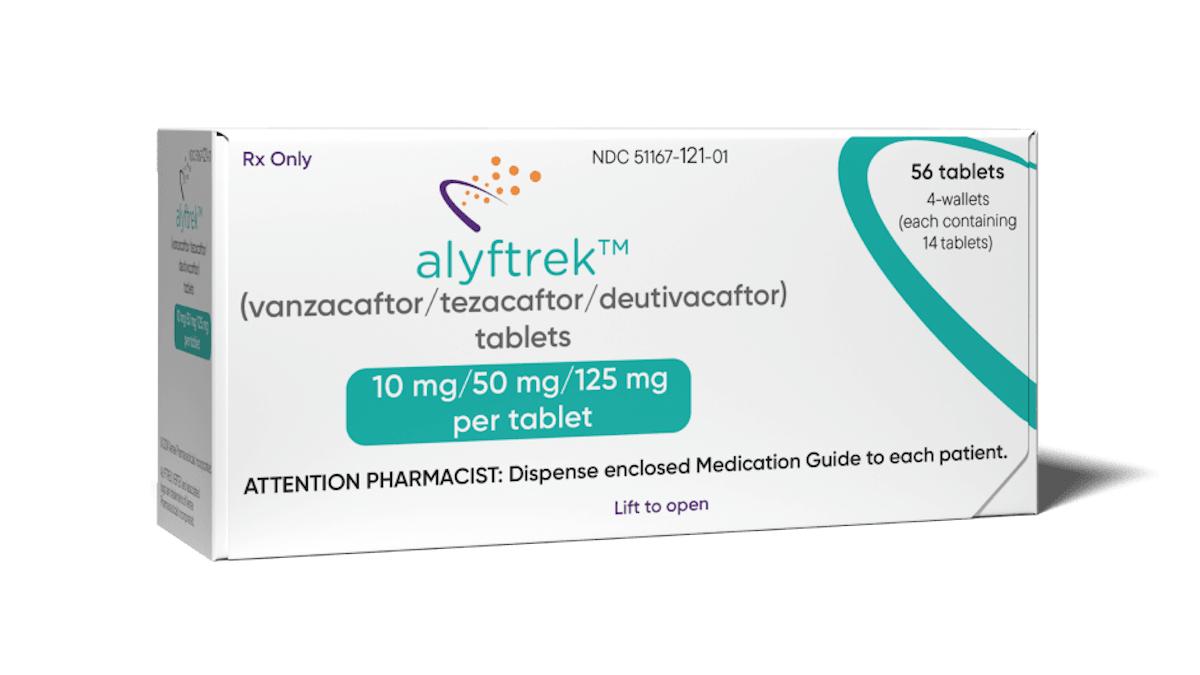UK’s Enterprise gets £5.7m backing for ‘universal’ cystic fibrosis drug

Enterprise Therapeutics has been awarded a block of funding from the Cystic Fibrosis Foundation to take a new, first-in-class drug for the genetic disorder through phase 2 testing.
The Brighton, UK-based biotech will spend the £5.7 million (around $7 million) award on ETD002, a compound that acts on transmembrane member 16A (TMEM16A) that is in the early stages of development.
TMEM16A, also known as ANO1, is a calcium-activated chloride ion channel thought to be involved in the overproduction of mucus that clogs the lungs of people with CF, who number around 75,000 worldwide.
Crucially, it is thought to work independently of the cystic fibrosis transmembrane regulator (CFTR) chloride channel, which fails to work properly in the disease and also contributes to mucus build-up.
Mutations in the CFTR are responsible for most cases of the disease, and after decades of research drugs that correct those mutations – Vertex’ Kalydeco (ivacaftor), Orkambi (lumacaftor/ivacaftor) and Symdeko (tezacaftor/ivacaftor) – have finally reached the market.
These are only suitable for a subset of patients with specific CFTR mutations, however, and Enterprise thinks its TMEM16A-focused drug could sidestep that issue and become a universal therapy for all people with CF.
Enhancing the activity of TMEM16A means there is increased flow of negatively-charged ions and fluid flow into the airways of the lungs, thinning the mucus and increasing its clearance.
ETD002 is still in studies preparing for the start of clinical trials, so the new finding is a boost to the programme and sets out a cash runway for it to reach the proof-of-principle stage.
“The award supports preclinical development of the drug ETD002 in the lab and – if successful – testing in people with CF in clinical trials,” said the Foundation in a statement.
To put the scale of the award into perspective, Enterprise raised £4 million in a Series A round in 2015, and followed that with an oversubscribed Series B that raised $29 million last year.
Along with drugs targeting TMEM16A, the biotech is also developing blockers of the epithelial sodium channel (ENaC), which is overactive in CF and leads to dehydration of mucus, making it sticky and harder to shift.
The two drug classes also have potential in other diseases characterised by excessive mucus production such as chronic obstructive pulmonary disease (COPD) and severe asthma, according to Enterprise.












